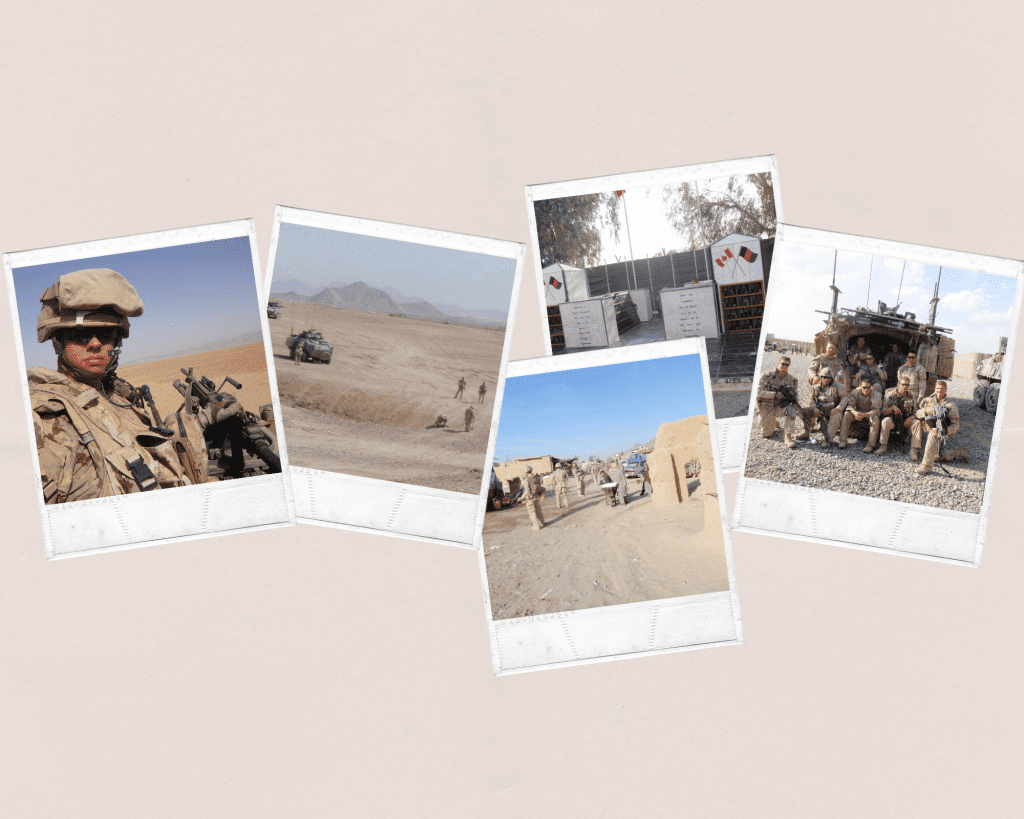- 2023-05-04
- Blog
Healthy enough to help

It’s an important question and one that may well be overlooked when we seek to use our own experiences to support others. That question is: When, exactly, are you healthy enough to properly help others?
When it came to my own experience, in hindsight I can honestly say I made some errors. I think it’s important to look back years later and make a true assessment about what was going on with me, and why I took the path I did. With that insight, I might be able to help others bypass the same situation.
In the beginning of understanding PTSD, I was a mess and ticked off. The first thing that I felt helped me was a program I participated in during 2012. With the confidence of this newfound “wellness,” I launched out of the door and started telling everyone that they needed to take that exact program, from that specific pair of doctors. After all, I had found some kind of magic solution to all that ailed me.
While I had achieved some moderate success, and I appreciate what that program did for me, today I’m guessing it probably came across as more obnoxious than motivational. More akin to someone teaching swimming lessons while struggling to learn how to float themselves. But that’s what I did. After that, I found a tool that worked to lower my hypervigilant responses, and immediately appointed myself as the loudspeaker for that method too. Therefore, if someone actually didn’t want to hear about it, we probably weren’t going to have a productive conversation. But I was there, ready to help, right?
The truth was, at that time I was struggling. I was starting to contemplate that my time in the Forces was ending and I wouldn’t get to keep helping soldiers any more. Helping soldiers was kind of my jam, so to speak. Whether through teaching, training or mentorship, as an NCO I got to scratch that itch daily. But when I was on category, under the JPSU (Joint Personal Support Unit) and then released, that role was yanked away. So I adopted the persona of advocate-on-call, when I had barely relearned how to breathe on my own. I probably wasn’t healthy enough to help.
Instead of absorbing policy, learning the ropes on how to affect change and sorting my own affairs, first I launched out of the gate to basically be the platoon warrant of the medically released. I’m not apologizing for that by the way. I think it’s needed. But I was mostly likely a few years away from being capable of doing that effectively. I could function quite well at times, but that anger was always one comment away. Holding those emotions back eventually led to my burnout.
People got used to me being in that role. They were used to an advocate, spokesman, pseudo-case manager that would take their calls for free, and soon it became expected. So much so that when the point came that I wouldn’t take more on and had to pull back, suddenly there was a feeling amongst others like I’d dropped them, and a feeling I had that those people were right. That caused me to crash.
Through my recovery, I had to learn what the right role was for me. There were ways to help others without compromising my own hard to find well-being. There were also others who might be better suited.
Today, as a healthier version of myself, I still am working to make a difference for others. But I know my limits, and I better know my own niche – I had to learn a role that was right for me. I’ll still take the occasional personal case now, but only as an ear and a compass bearer. I’ve realized I prefer to work on systemic issues, and I feel I have a better grip on knowing what exactly I am healthy enough to help with.
When I see a troop suffering, it’s just not in my DNA to keep walking. So I do still engage when I see that. But I have rules now. I’ll advise you but I’m not filling out your forms. I may know the answer, but I’m more likely to point you to the people who are trained in this and do it for a living. I can handle anger, but not anger directed at me and coming to that realization was somewhat life changing.
The 20/20 of hindsight helps me have a clear vision for today.
Brian McKenna
National Strategic Advisor – Veterans
Atlas Institute for Veterans and Families

